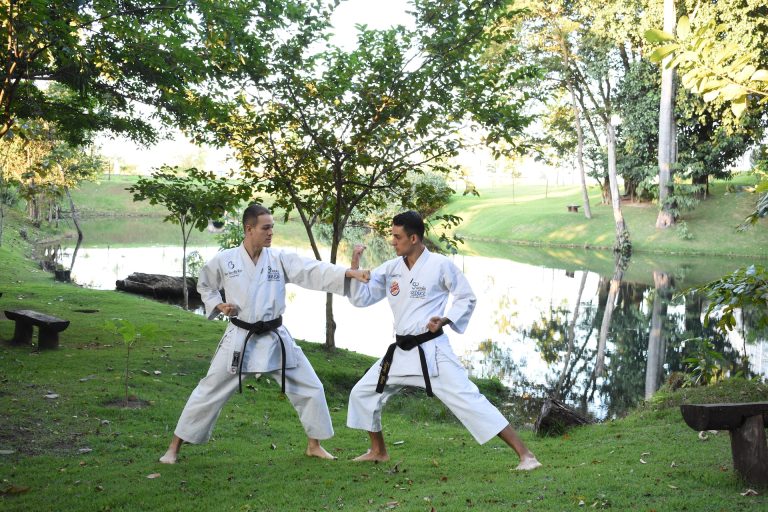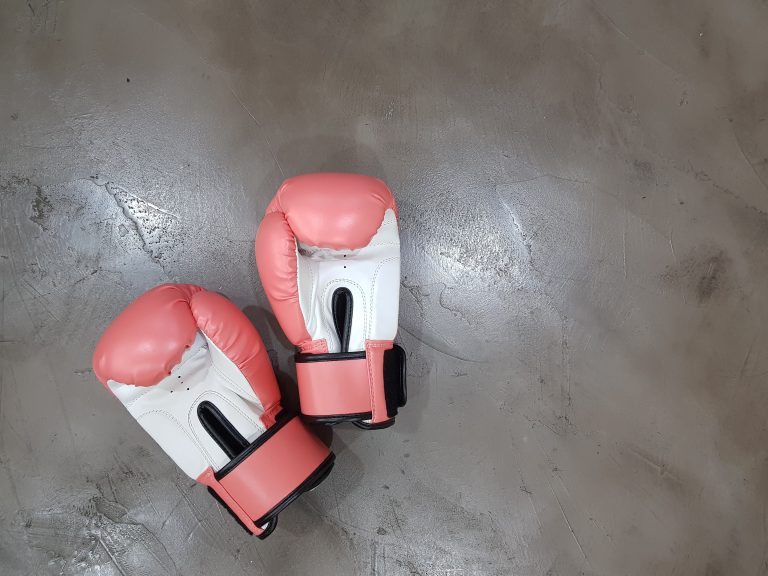Can Karate be an Effective Self-Defense System?
Karate is a form of martial art that has been around for hundreds of years. It is renowned for its focus on self-defense techniques and practitioners devote years of training to master its art. The age-old question about Karate is – can it be an effective self-defense system? In this post, we will explore this question and see what Karate has to offer in terms of self-defense.
The Principles of Karate
Karate is fundamentally based on the principle of deflecting attacks and counter-attacking. A typical Karate class often includes a mix of Kihon (basic techniques), Kata (pre-arranged fight movements), and Kumite (one-on-one fighting). These classes build a foundation for agility, speed, power, flexibility, and strength, which are key principles of the system.
The philosophy of Karate emphasizes the mental and emotional aspects of self-defense as well. Practitioners are encouraged to develop their minds, bodies, and spirits in tandem to become well-rounded individuals.
Self-Defense Techniques in Karate
Karate offers many self-defense techniques that can help protect against potential attackers. One such technique is the ability to use blocks to stop incoming punches, kicks, and strikes. Karate practitioners also learn to throw attackers off balance by using joint locks, throws, and sweeps. Strikes are also an essential part of Karate, and students focus on striking precise points on the body with maximum effect.
The techniques learned in Karate are not only useful for defending oneself from a physical attack but also for avoiding confrontation altogether. Martial arts training aims to develop situational awareness, a crucial skill that helps individuals identify and avoid potentially dangerous situations.
Limitations of Karate
While Karate has many useful self-defense techniques, it does have its limitations. One major limitation is that Karate techniques rely on the element of surprise. When facing an experienced attacker, it may be difficult to execute Karate techniques effectively. Additionally, Karate sparring and competition often limit the use of certain techniques, such as strikes to vital points or hard kicks, which can limit their effectiveness in self-defense scenarios.
Another factor to consider is that mastery in Karate (like any martial art) takes considerable time and dedication. It takes years to attain proficiency, which may not be practical for individuals who want to learn self-defense techniques quickly.
Conclusion
In conclusion, Karate can be an effective self-defense system when taught and practiced correctly. Its techniques focus on deflecting attacks and counter-attacking with quick and efficient movements. It also emphasizes mental and emotional preparedness to handle unexpected situations effectively. However, it is essential to recognize the limitations of Karate and not over-rely on its techniques in isolation. It is best used in combination with other self-defense methods and common-sense measures such as situational awareness, conflict avoidance, and de-escalation techniques.
Can Karate be an Effective Self-Defense System?
Self-defense has become a crucial part of our lives nowadays. With the rise in crime rates, people have started to look for ways to protect themselves. One of the most popular martial arts for self-defense is Karate. However, there are still some doubts among people regarding its effectiveness as a self-defense system. In this blog post, we will answer some of the frequently asked questions about the topic.
What is Karate?
Karate is a martial art that originated in Okinawa, Japan. It involves different techniques, such as kicks, punches, strikes, and blocks, to defend oneself from an attacker. Karate practitioners aim to develop physical and mental strength, agility, and endurance.
Is Karate effective for self-defense?
Yes, Karate can be an effective self-defense system. It teaches its practitioners how to defend themselves using various techniques, including strikes, kicks, and blocks. Moreover, Karate training emphasizes the development of speed, power, and accuracy, which are all essential qualities for self-defense.
What are some of the advantages of learning Karate for self-defense?
There are several advantages of learning Karate for self-defense, including:
Developing Self-confidence:
Karate training helps individuals develop self-confidence, particularly in their ability to protect themselves. This confidence may positively affect other areas of their lives.
Developing Coordination:
Karate training involves various movements, which help in developing coordination and balance.
Improving Physical Fitness:
Karate training requires physical exertion and can improve an individual’s endurance and strength.
Learning Self-Discipline:
Karate practitioners learn the importance of discipline and commitment, which can transfer to other areas of their lives.
What are some of the disadvantages of learning Karate for self-defense?
Like any other martial art, Karate has its limitations. Some of the disadvantages include:
It takes time:
Karate training requires time and dedication. Becoming proficient in Karate requires regular practice, which can be challenging for individuals with busy schedules.
It can be risky:
While Karate can be an effective self-defense system, there is always a risk of injury during training or while defending oneself in a real-world situation.
It may not always work:
Karate techniques may not always work in every situation. It is essential to remember that self-defense also involves situational awareness and other factors beyond physical techniques.
What are some of the key principles of Karate?
Karate is based on several key principles, including:
Respect for Others:
Karate practitioners are taught to show respect to their instructor, peers, and opponents.
Self-Discipline:
Karate practitioners are expected to have self-discipline and commit to their training.
Humbleness:
Karate practitioners are taught to be humble and respectful to others, including their opponents.
Emphasis on Technique:
Karate training emphasizes the importance of proper technique and form.
What are some of the popular Karate techniques for self-defense?
Some of the popular Karate techniques for self-defense include:
Straight Punch:
This technique involves a straight punch to the opponent’s face, which can stun the attacker and provide an opportunity to escape.
Front Kick:
The front kick is an effective technique to create distance between oneself and the attacker.
Elbow Strike:
The elbow strike can be an effective close-range technique to attack sensitive areas of an opponent’s body.
Roundhouse Kick:
The roundhouse kick aims to strike the side of an opponent’s body or head.
Conclusion
In conclusion, Karate can be an effective self-defense system. It emphasizes the development of physical and mental strength, coordination, and self-discipline. Karate techniques, such as the straight punch, front kick, elbow strike, and roundhouse kick, can be effective self-defense techniques when executed properly. However, self-defense is situational, and physical techniques may not always be the best approach. It is essential to develop situational awareness and other self-defense skills, such as verbal de-escalation and mental preparedness, to be truly effective in self-defense situations.
Inhaltsverzeichnis





